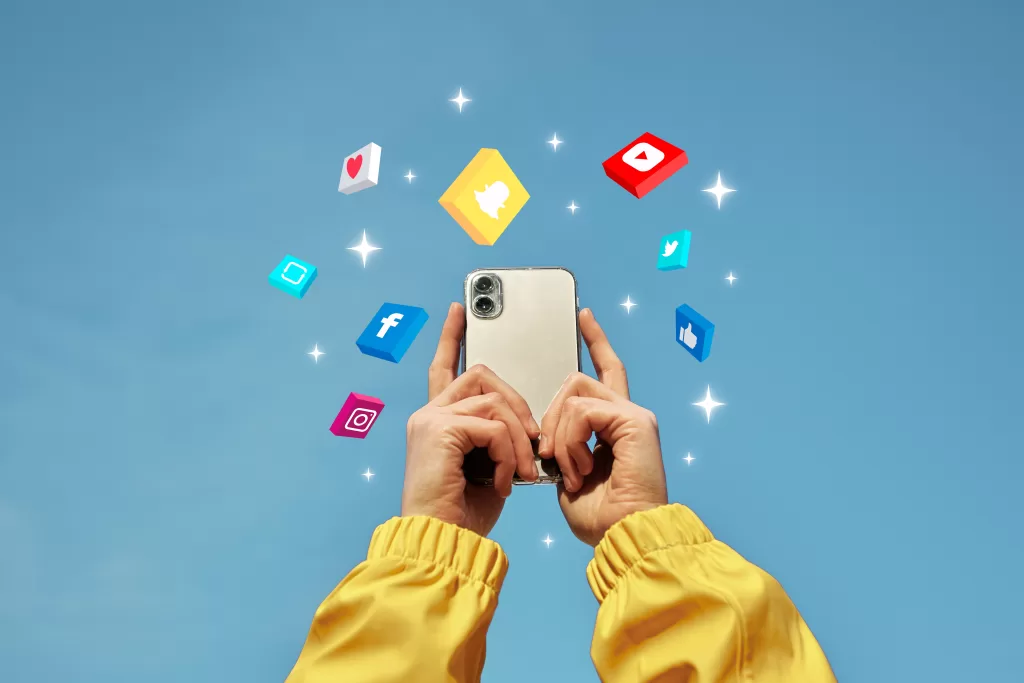Social media has become a potent instrument for bringing about change and increasing awareness in the era of digital connectedness. Women have benefited most from its capacity to connect people worldwide and transcend geographic borders, as this has fostered a sense of empowerment and solidarity. This essay addresses a wide range of concerns and investigates why raising awareness on social media is so effective as well as the transformative changes it has made for women worldwide.
The power of social media to elevate voices that were previously marginalised is one of the main reasons social media awareness resonates so strongly. A worldwide audience is now able to hear the stories, hardships, and victories of women from a variety of origins and cultures. A broader tapestry of experiences may be spun thanks to the democratisation of communication, which promotes empathy and understanding among women everywhere. Social media gave rise to movements like #MeToo and #TimesUp, which gave survivors a forum to speak out against sexual harassment and assault and ended the far too long period of silence surrounding these problems.

Social media also serves as an equaliser, providing a voice to people who might not otherwise have access to traditional media channels. Women living in isolated places or in oppressive cultures can fight for change by sharing their stories on social media sites like Facebook, Instagram, and Twitter. A wider range of viewpoints may be heard thanks to the decentralisation of communication, which challenges preexisting conventions and promotes a more comprehensive discussion on issues affecting women around the world.
Gender equality is one area where social media awareness has a particularly noticeable impact. These platforms have been utilised by women all around the world to promote equal rights and bring attention to discriminatory practices. Social media has evolved from being a tool for resistance against workplace injustices to battling for the right to an abortion. Hashtags that highlight systemic problems and encourage a more inclusive, equal society are #EqualPay and #WomensRights.
Social media also offers a platform for knowledge sharing and education. Women may keep updated about issues that are important to them, interact with experts, and access services. For women to be empowered to make decisions about their lives, health, and well-being, they must have access to knowledge. In order to promote a culture of self-empowerment, social media sites like Instagram and YouTube have developed into hubs for the exchange of instructional content on topics like financial literacy and reproductive health.
Social media has not only helped raise awareness but has also been essential in creating support networks and communities. Women with comparable struggles can bond, offer guidance, and develop a feeling of community. This international virtual sisterhood unites people all around the world to oppose injustice and prejudice based on gender. For many women, social media support networks have been a lifeline, providing comfort, direction, and encouragement when they need it most.

To sum up, the impact of social media awareness on women across the globe is immeasurable. Social media has revolutionised the way many issues are addressed, from elevating the voices of the marginalised to promoting international unity. It is now a force for good, igniting discussions, dismantling obstacles, and giving women the confidence to take charge of their stories. Social media’s influence on women’s life will probably only increase as we navigate the digital era more and more, opening us new channels for connection, education, and advocacy.














